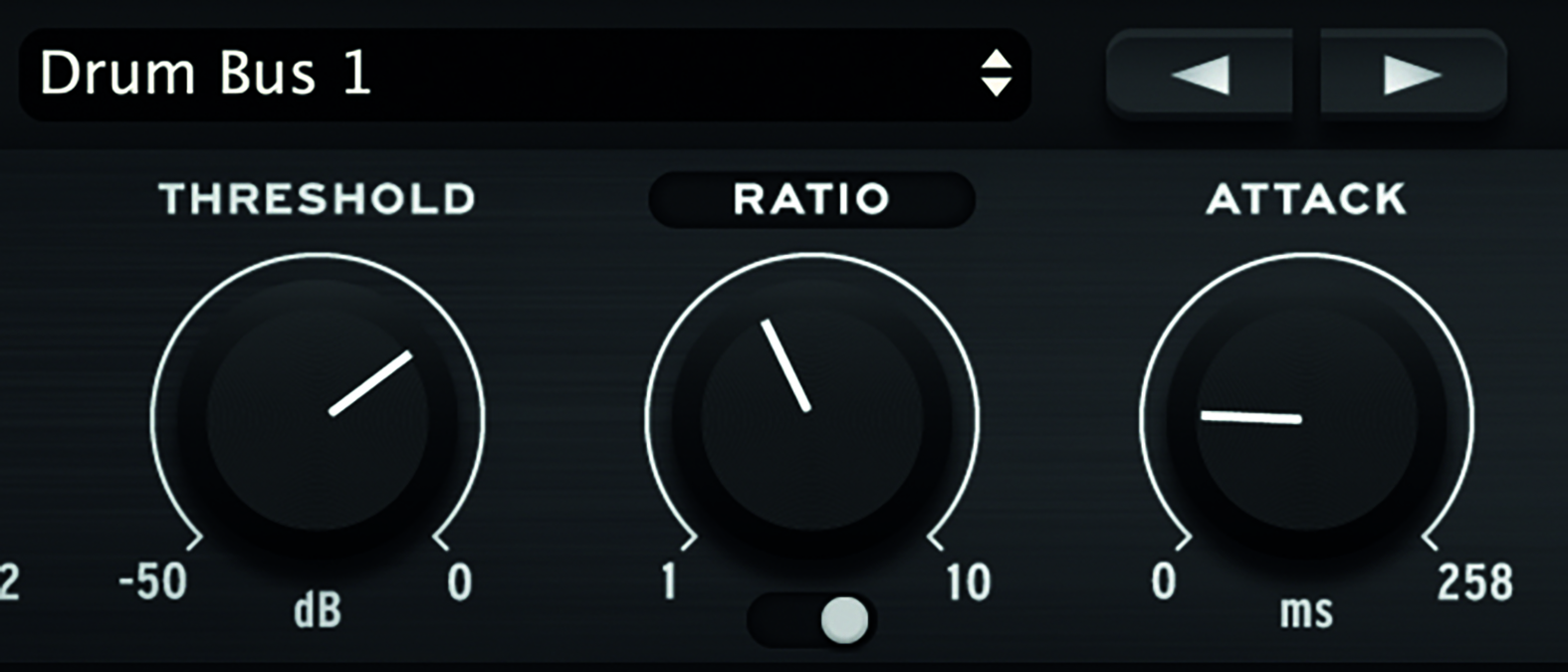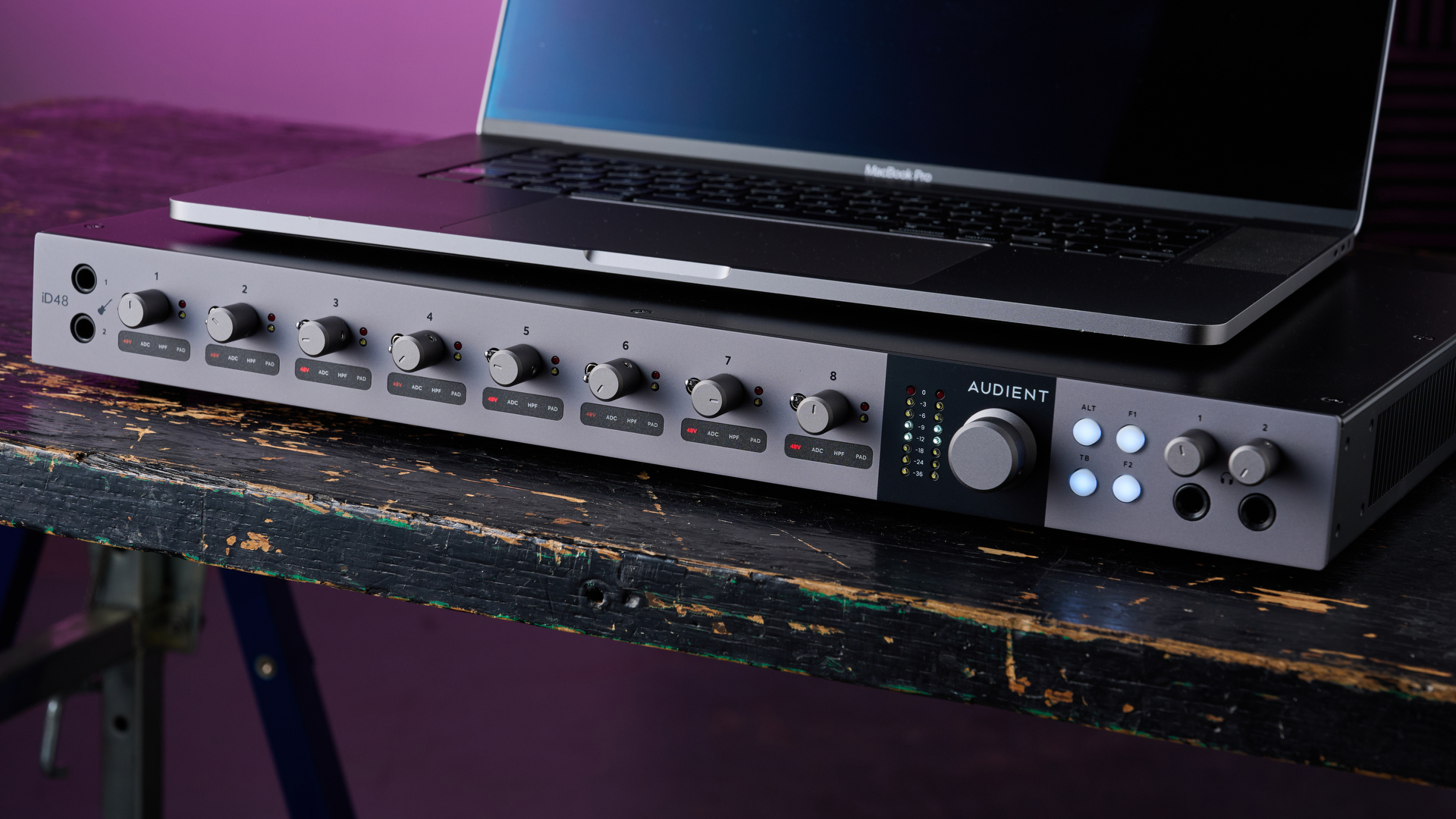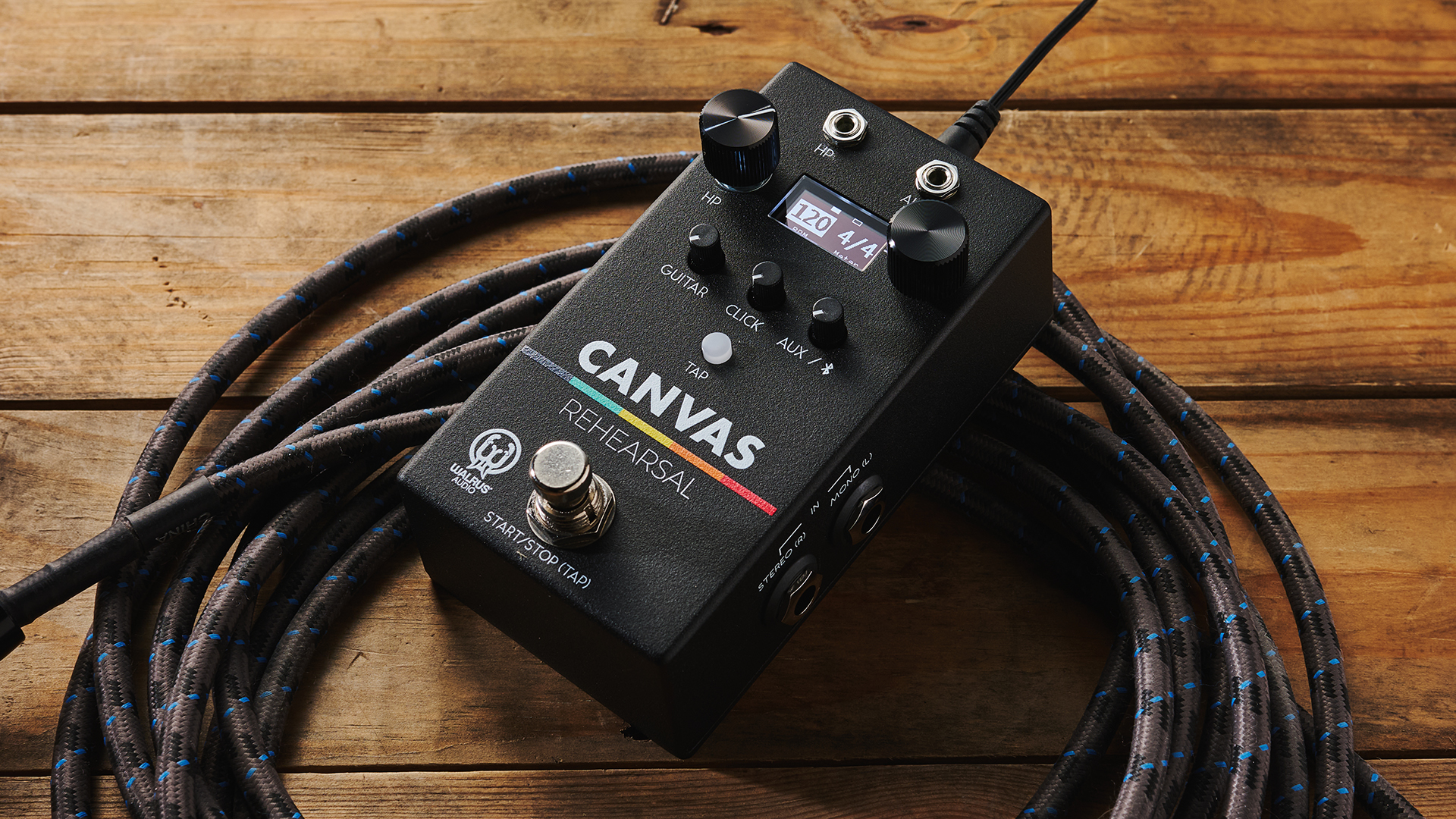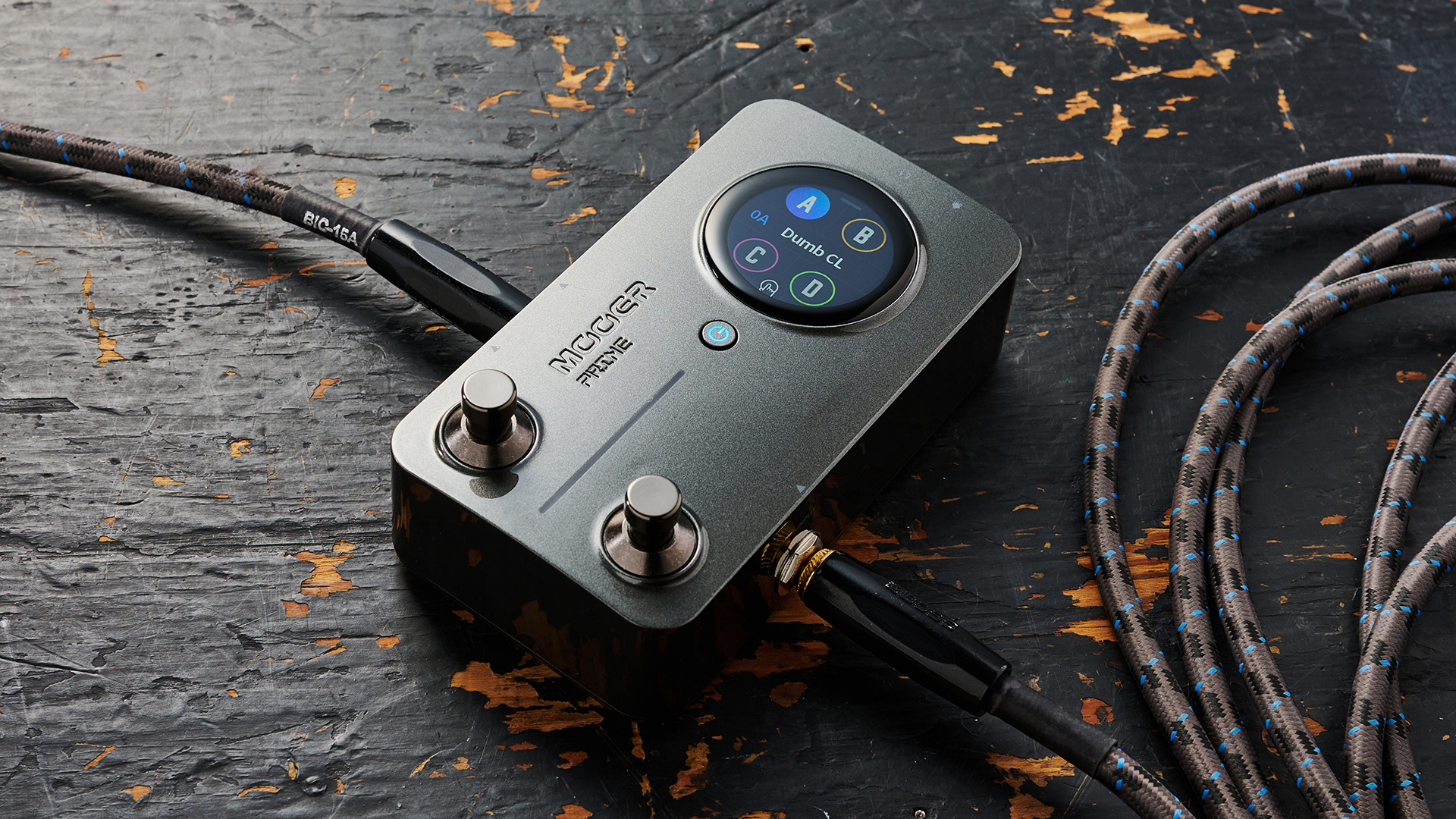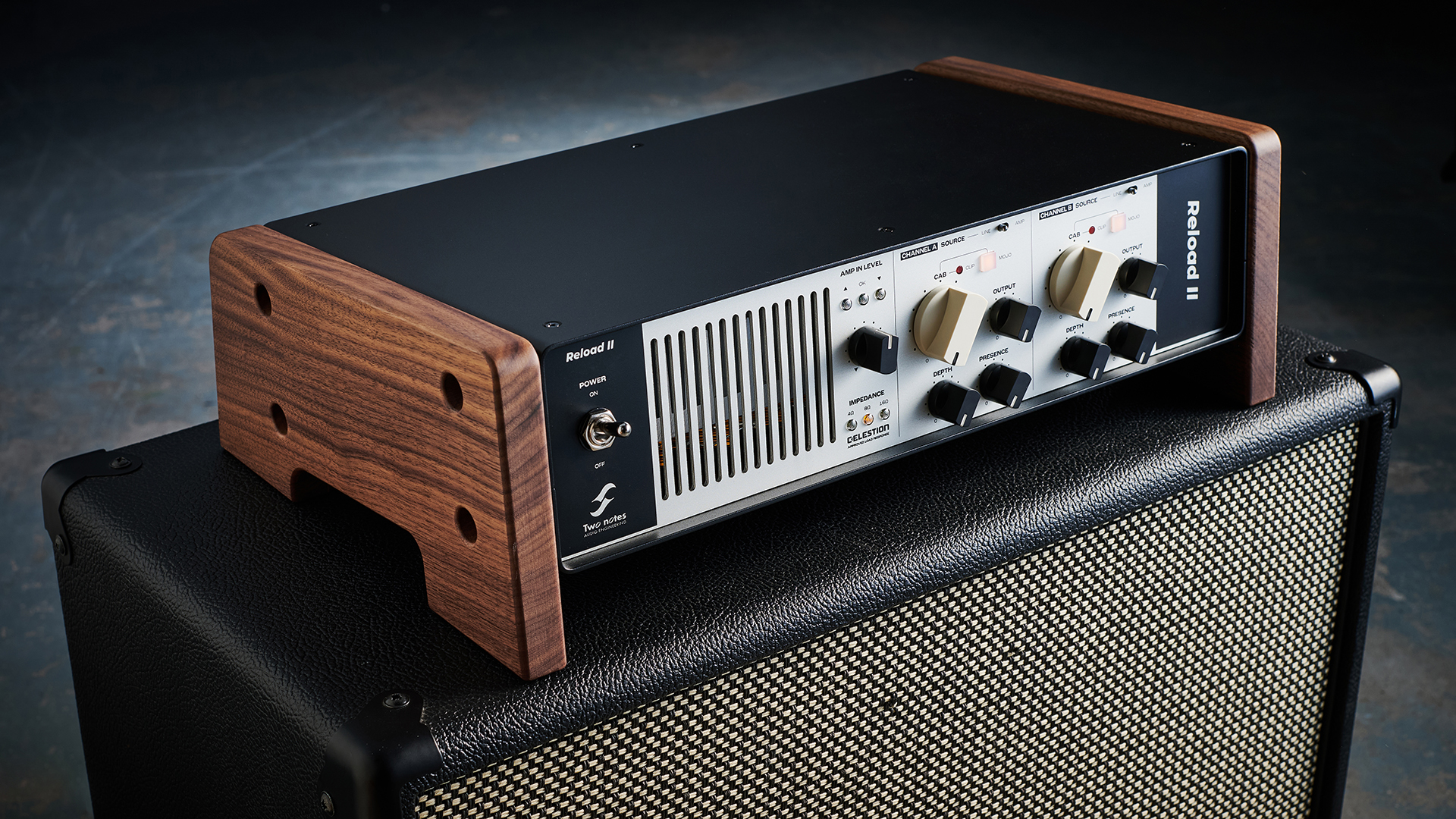MusicRadar Verdict
MIA Laboratories has definitely put the hours in with these updates. Both provide a marked uplift, delivering on the promise shown in the originals.
Pros
- +
925 Compressor now has two compression curve options.
- +
925 Compressor has more flexible sidechain with band compression option.
- +
358 Enhancer now offers four bands of enhancement with adjustable crossover.
- +
Both processors have all-round more engaging interfaces.
Cons
- -
925 Compressor does require some getting used to.
- -
358 Enhancer bypass options could be fine-tuned.
MusicRadar's got your back
MIA Laboratories 925 Compressor MkII & 358 Enhancer MkII: What is it?
MIA Laboratories develops a range of audiophile plugins inspired by classic analogue circuits. These include some pretty obvious designs (opto compressor, tape saturator and various EQs) as well as more esoteric examples (Pi & Phi MkIII spectral processor).
925 Compressor MkII and 358 Enhancer MkII (AAX, AU, VST3) are its latest releases and mark significant updates to the original versions of these plugins. The 925 Compressor is no doubt the more flexible processor, but even so, both now have considerably more features and offer more attractive interfaces.
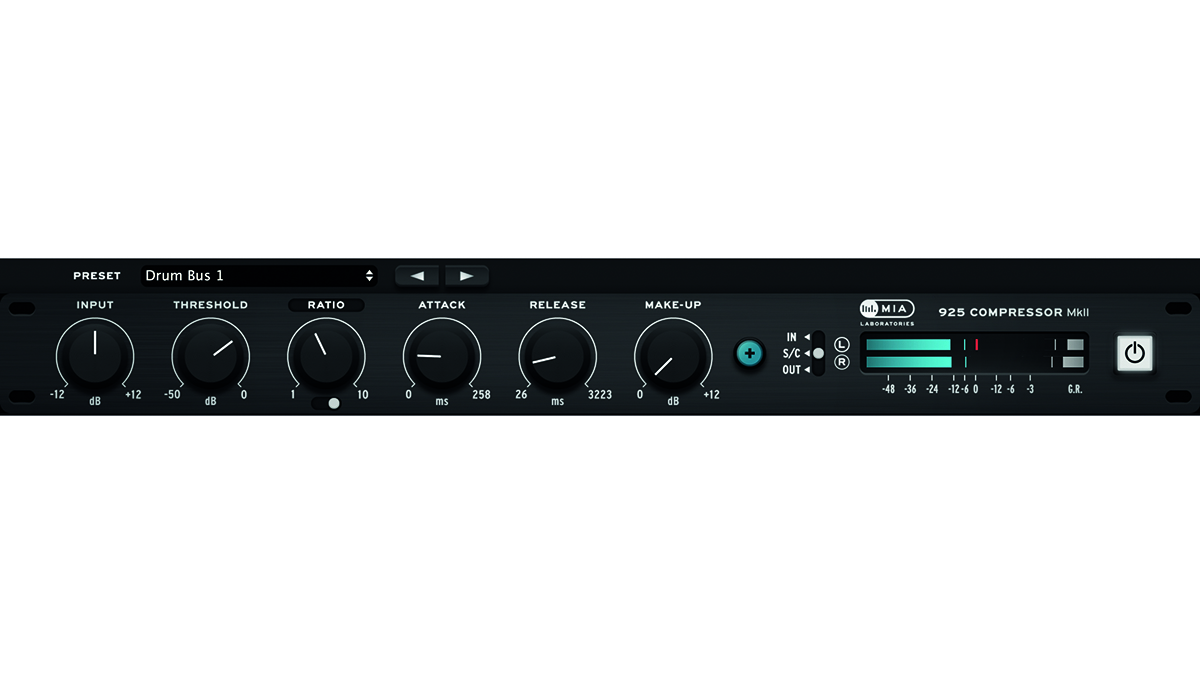
MIA Laboratories 925 Compressor MkII & 358 Enhancer MkII: Performance and verdict
925 Compressor MkII is an analogue-inspired feedback-style dynamics processor designed using physical modelling principles.
Its variable knee response/logarithmic gain reduction deliver very natural-sounding compression
Built around an analogue-style envelope detector circuit, its variable knee response and logarithmic gain reduction can deliver very natural-sounding compression. Even so, it’s also capable of some very swift response times. Once you get to grips with these two quite different characteristics, you’ll find the 925 is equally at home delivering mix glue or shaping individual instruments.
The original version had quite simple parameters and these are vastly expanded for version 2. Extras include a raft of advanced features including two types of sidechain function (see below) as well as more mundane changes such as the improved metering.
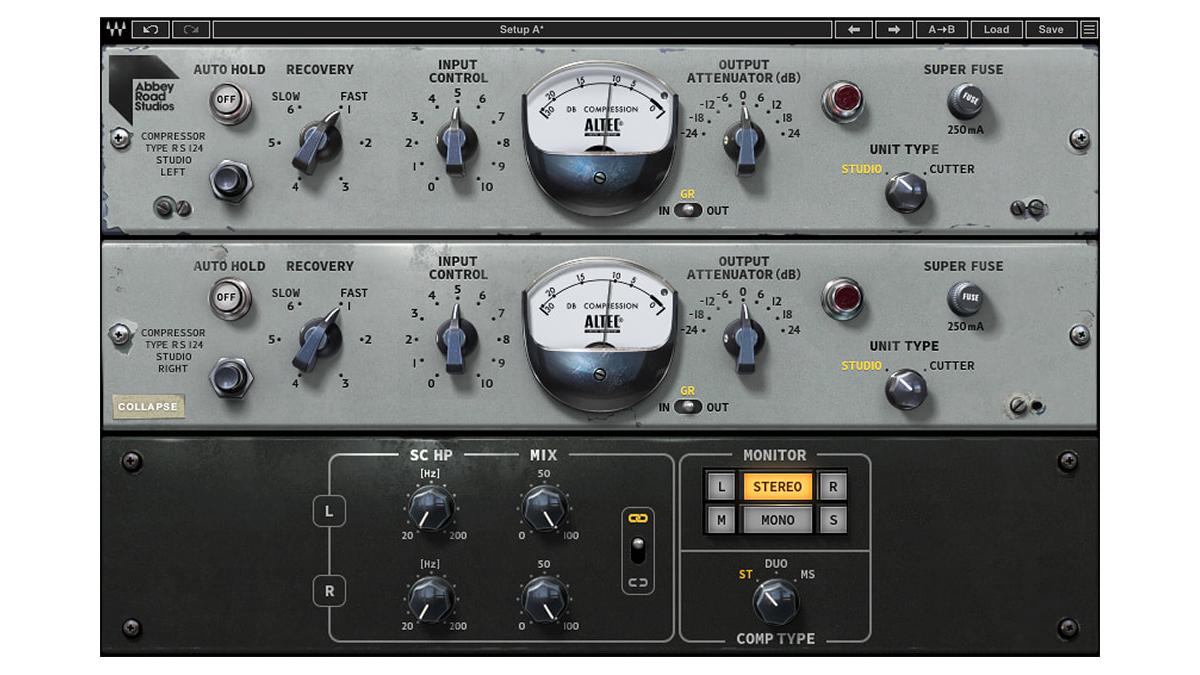
• Waves Abbey Road RS124
A classic, super smooth mixbus compressor with some excellent software enhancements.
• AudioThing Type A and Type B
These two plugins emulate the famous type A and type B noise reduction encode circuits.
One big change to the core features is that the compression curve now works in either Slope mode (as per MkI) or in a more traditional Ratio mode. We found switching to the latter setting, with its sharper knee shape, influenced the behaviour quite a bit, providing a much more audible effect compared to the smoother Slope option. In both modes, the adjustment control is continuous so you can really dig in and fine-tune things.
There’s no doubt the 925 excels as a submix and bus compressor, and the gentle onset delivered by the Slope mode is often ideal in this respect. It’s also great to be able to fine-tune the sidechain signal, although we’re a bit surprised that none of the mastering presets make use of the sidechain filter option. Even so, 925’s audible compression is, we feel, equally compelling.
So if you want to add bite to a bass sound, edge to a vocal or reshape beats, it’s fast and flexible enough to do that. Even so, at times the fast envelope design can be a bit tricky to handle and we found the Damping control (see below) very useful to smooth out distortions. Of course, when you’re working with very audible compression, the Dry/Wet mix in the advanced panel is a great tool for blending this effect to taste.
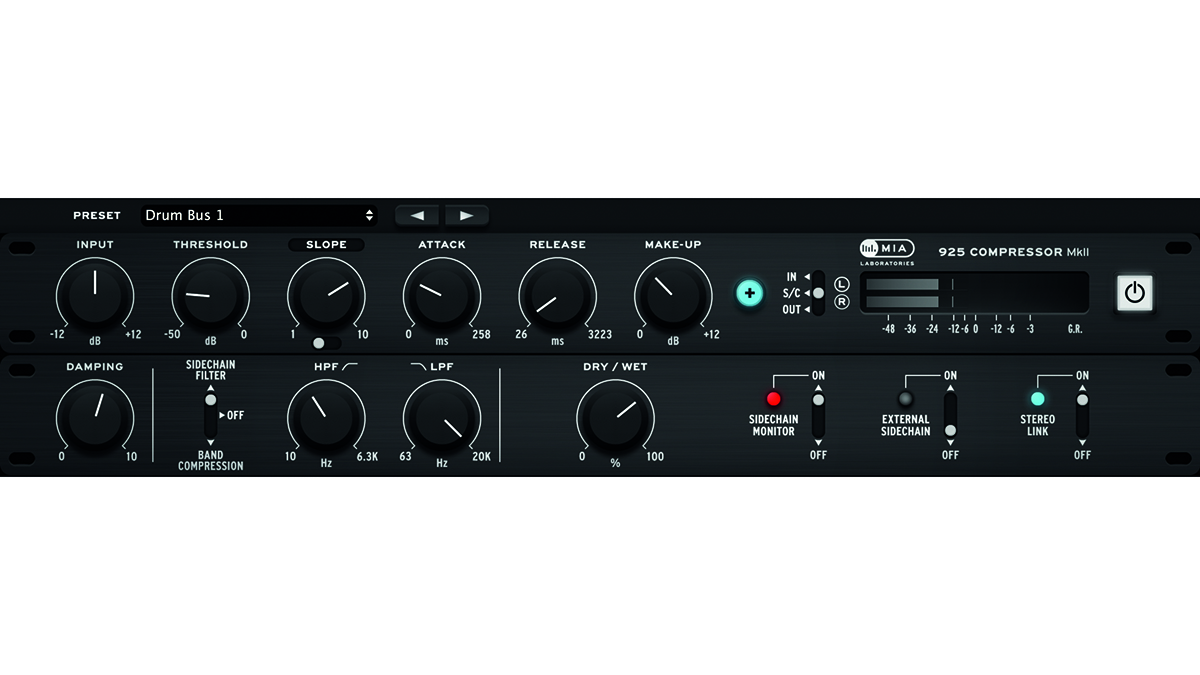
Advanced Compression Options
925 Compressor MkII includes a fold-down parameter panel accessed via the blue Plus icon. Here you’ll find various sidechain related features, the Dry/Wet mix and the stereo link.
There’s also a Damping control. This limits how quickly gain reduction varies, and is designed to smooth out the sometimes over-eager envelope response. As advised in the manual, we found this particularly helpful for bass sounds with long sustains.
With regards to the sidechain options on offer, both internal and external side chains are subject to 12dB/octave high and low-pass filters, and the filters have pretty wide frequency ranges (10Hz to 6.3KHz for high pass and 63Hz to 20kHz for low pass).
The sidechain feature has two modes – regular sidechain filter and band-specific compression. This is extremely handy and even more so because the filters have such wide frequency ranges. Clearly these options take the 925 Compressor MkII off into new territory and away from the bus-focused MkI version.
That said, and despite the snappy responsive envelope, in use we found the band compression mode was better for subtle adjustments rather than uses requiring razor-sharp precision such as de-essing.
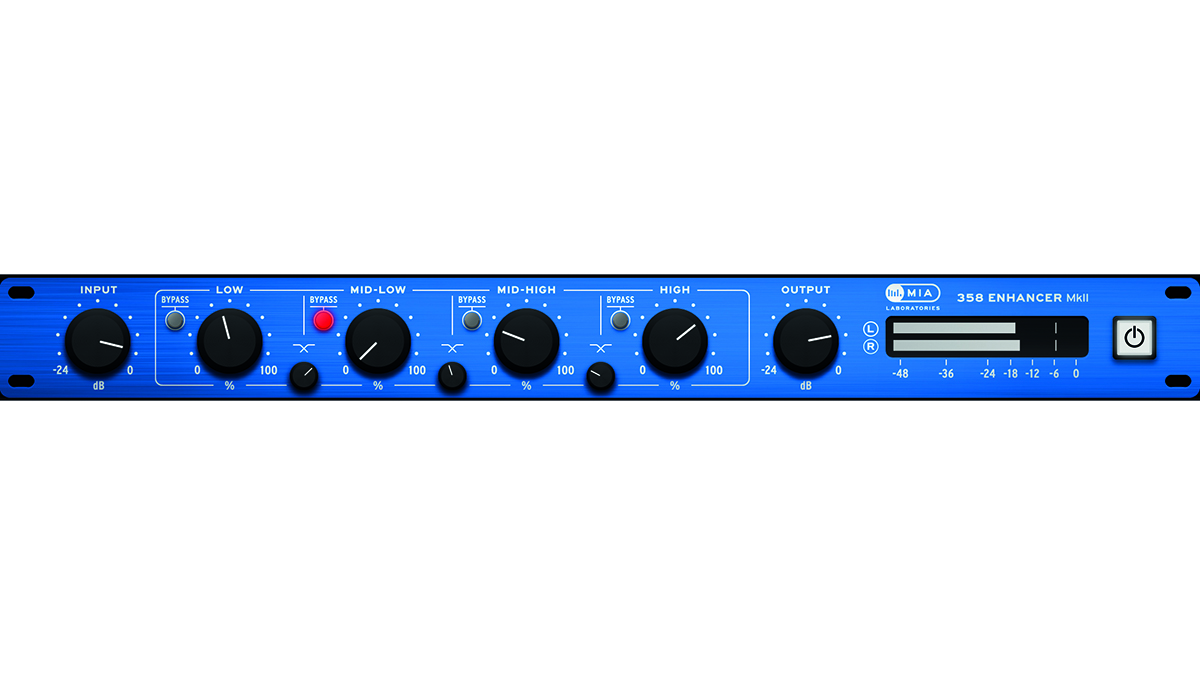
Enhance
358 Enhancer MkII is an expanded, improved version of MIA’s two-band enhancer plugin and is a free update for existing owners. Now with four bands, three adjustable crossover points, individual band bypass, Input and Output trim, global Bypass and stereo peak metering, the plugin is much more powerful.
Nevertheless, if you know the original plugin, you’ll have spotted the phase compensation option has been removed. We understand this may well reappear as its own processor at some point in the future.
358 Enhancer MkII uses multiband phase processing to enhance the frequency regions specified. Each band control is labelled 0 to 100%, and this solely additive design is why the Input and Output controls are only trims.
It’s designed for both mixbus and individual track duties and works best as an insert. Nevertheless, with a bit of care, you could stick it on an auxiliary, although you might want to EQ the return to focus on specific frequencies.
The plugin is very straightforward to use and although you can’t solo each band, which is a bit of a shame, the individual band bypass helps with assessing what you’re adding.
For us, the results were pretty consistent and although at high settings you can overdo it a bit, for the most part the effect is pretty controlled, so a bit like a classic passive EQ, it’s hard to go too far wrong. What’s more, the overall tonality of the effect is fantastic and seems more natural-sounding than EQ.
So, if you’re wondering how this effect differs from a regular EQ boost, then that is probably the most obvious difference. This makes it ideal for sub mix and mixbus use and we found it great for adding a bit of sparkle and weight.
If we have one gripe, it’s that there’s no single button Bypass for all bands whilst retaining the trim settings. This option would make A/Bing considerably simpler.
Conclusion
MIA Laboratories produces some pretty special processors. With both of these plugins, although the MkI versions captured the intended essence, they lacked a bit of finesse and flexibility. The MkII versions are a completely different story, and take both plugins to new levels. There’s much more sonic flexibility, the plugin windows are more engaging and the overall user experience much better. Nice work.
MusicRadar verdict: MIA Laboratories has definitely put the hours in with these updates. Both provide a marked uplift, delivering on the promise shown in the originals.
MIA Laboratories 925 Compressor MkII & 358 Enhancer MkII: Hands-on demos
MIA Laboratories
MIA Laboratories 925 Compressor MkII & 358 Enhancer MkII: Specifications
- Supported Platforms: Windows 7, 8, 10 (64 bit). Any intel based MacOS, 10.7 to 11.6.
- Supported plug-in hosts: Pro Tools 11+, Logic Pro X, Cubase 5+, REAPER 5+, Ableton Live 9+, Studio One, FL Studio.
- Supported plug-in formats: AAX (64-bit), AudioUnit, VST 3.
- CONTACT: MIA Laboratories
Computer Music magazine is the world’s best selling publication dedicated solely to making great music with your Mac or PC computer. Each issue it brings its lucky readers the best in cutting-edge tutorials, need-to-know, expert software reviews and even all the tools you actually need to make great music today, courtesy of our legendary CM Plugin Suite.
“It has the ingenious ability to give you easy routing to external hardware with no re-patching”: Audient iD48 review
“If this was real, it would be really impressive. But since it’s not real, it’s really impressive": Watch the bonkers four-note piano
Watch UK electronic artist Lawrence Hart build a track from scratch in his hardware-stuffed studio
